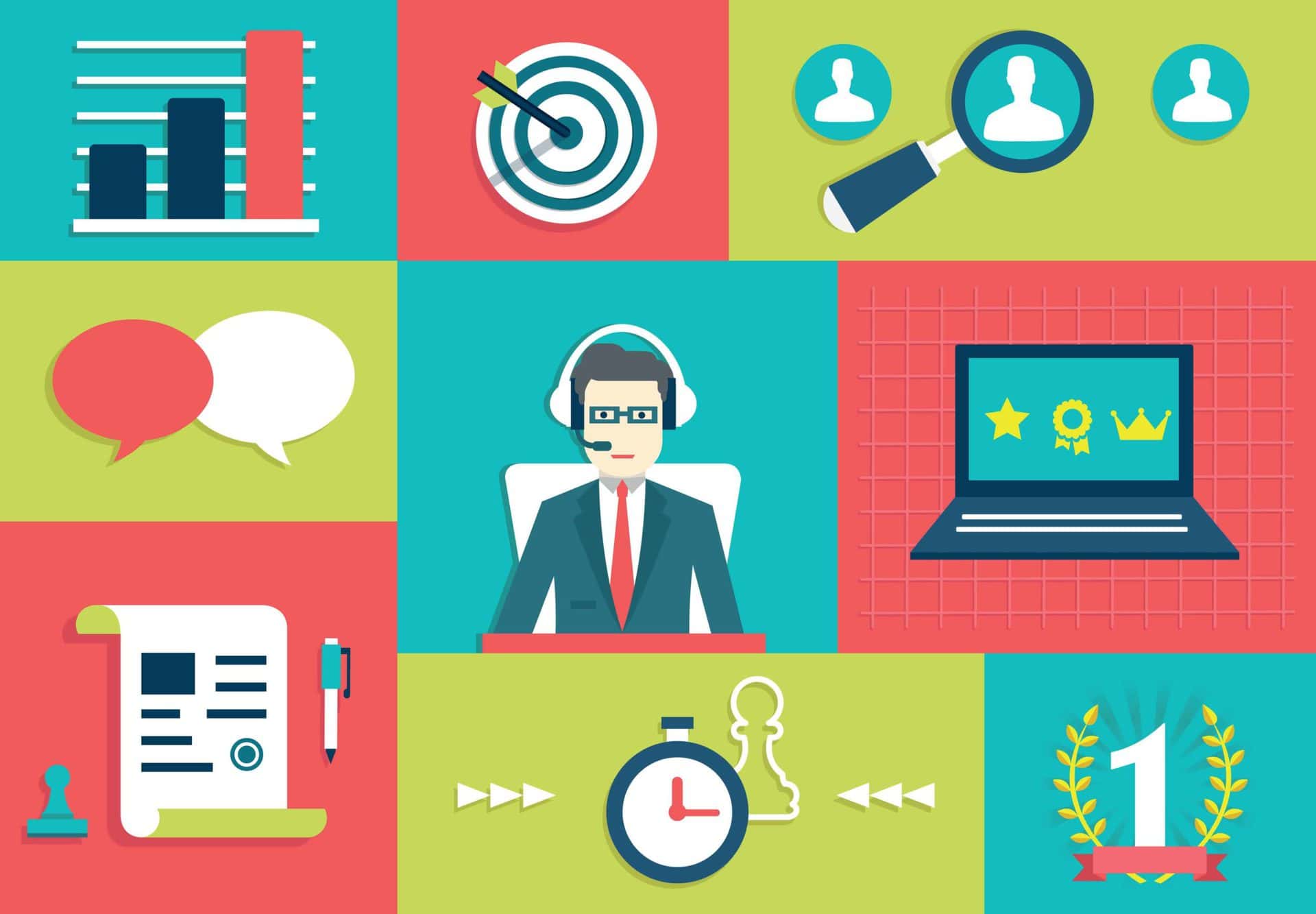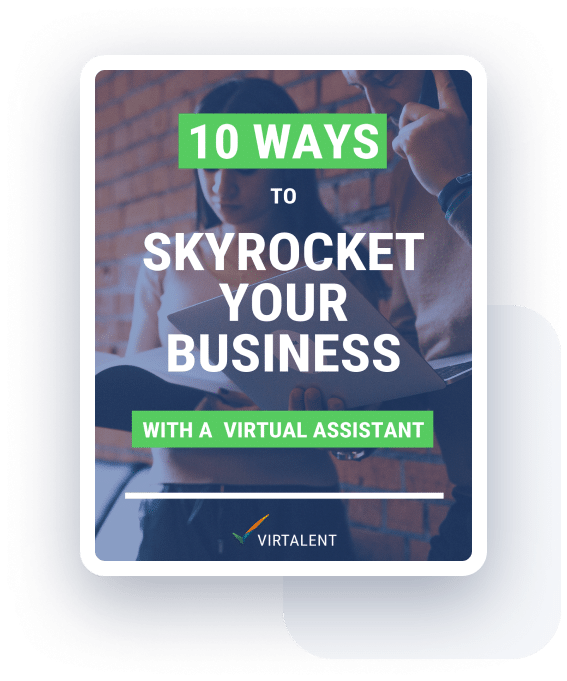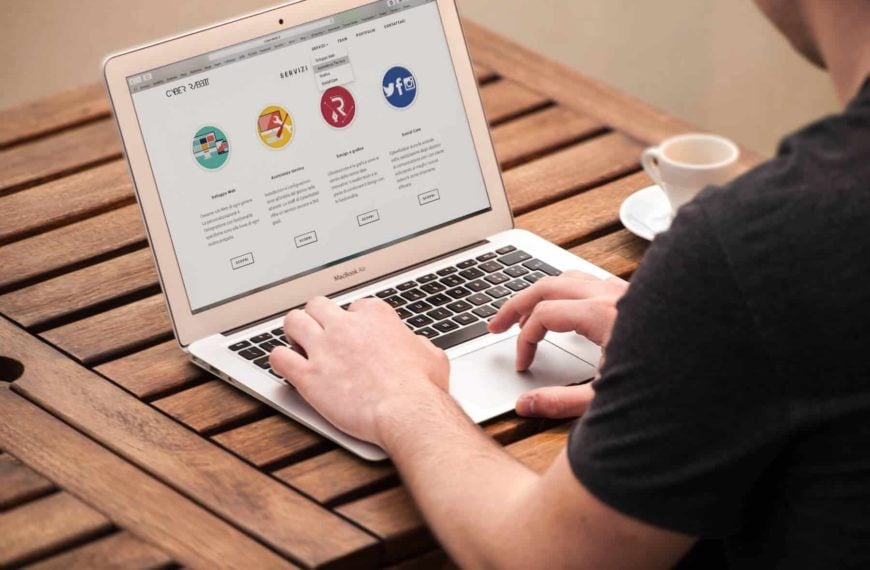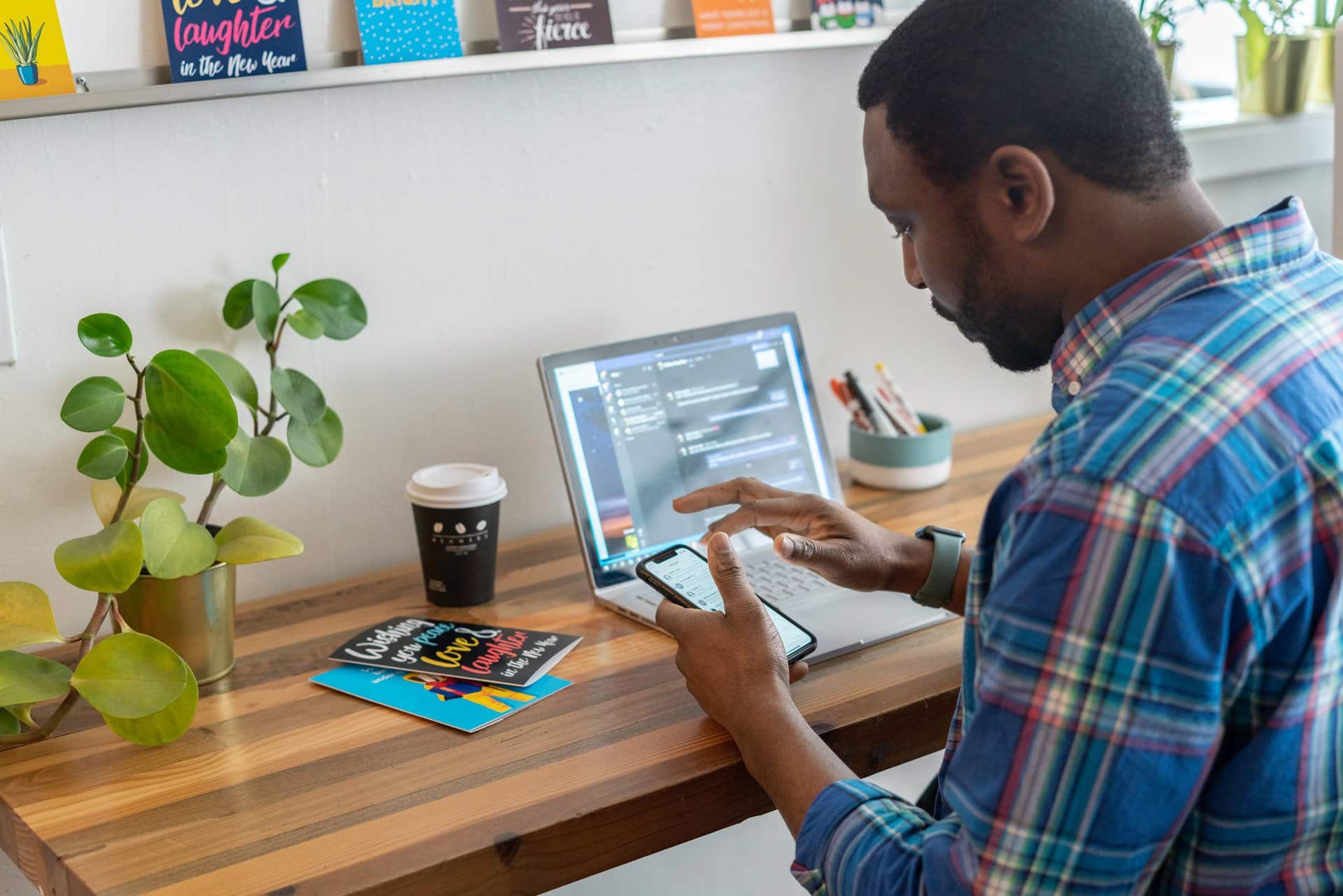If you run a business and are looking at ways to engage staff, keep customers and create some of healthy and enjoyable competition, then gamification might be just the thing you are looking for.
Essentially, gamification rewards users for taking positive actions. We all like to be rewarded for being ‘good’ and this makes everything a lot more fun.
You can use it to encourage certain behaviours at work, such as completing training modules, increasing sales or as an aid to learning for customers to help them understand how to use your product better.
One interesting example of gamification was introduced in the USA to keep a driver’s eyes on the lights at an intersection. A screen was added that displayed an interesting fact when the light was on red. Basically, it’s rewarding people who keep their eyes on the lights and don’t try to push the stop sign with a little bit of useless but compelling information.
How about getting people to recycle more by making the humble bottle bank a bit more entertaining?
When they are shown how it works, most businesses see how it could benefit them in a variety of different ways. If your gamification is designed properly and targeted towards specific outcomes, it is a powerful tool that works for both your marketing and operational strategy.
Gamification for Learning and Staff Development
The key to good gamification is gearing it to elicit a certain behaviour.
Let’s say you want to improve your staff performance and have a number of training modules online for them to complete. If you introduce a simple points system that rewards users every time they complete a module you can actually improve engagement. If you want to improve productivity, for example, then using a simple online tool like Todoist and awarding ‘karma’ points when things are completed can work well.
Gamification is simple but it works and many businesses are starting to use it to change behaviours, improve productivity and provide training for their staff. Tech company Cisco wanted to get their staff better at using social media. They had a course with nearly 50 modules but engagement vastly improved when they introduced different levels from specialist to master. Making it more of a game and introducing a little healthy competition seemed to do wonders.
Gamification for Customer Engagement
In a similar way, gamification can be used for customers. It can get them to engage more deeply with your product and even your brand. Some of the big players are becoming particularly adept at this. Starbucks have a mobile app that can be used for their rewards program. Nike have a fitness one that promotes using their NikeFuel range and gets customers to compete against each other online. Autodesk wanted people who were taking up their trial offer to be using their software as much as possible so they improved uptake by offering badges and points as customers completed various training tasks.
If you have a product that customers need training in order to use, then gamifying your tutorials can be of huge benefit in much the same way as it is for companies and employees.
Gamification doesn’t have to be complex. Even a simple reward system can change people’s behaviour and get them to engage more deeply than they would have done previously. Whether you want to boost staff performance, have them better trained or keep your customers using your product for longer, it’s certainly worth a closer look.
Finally, how about creating a game that encourages people to obey the speed limit?









Recent Comments